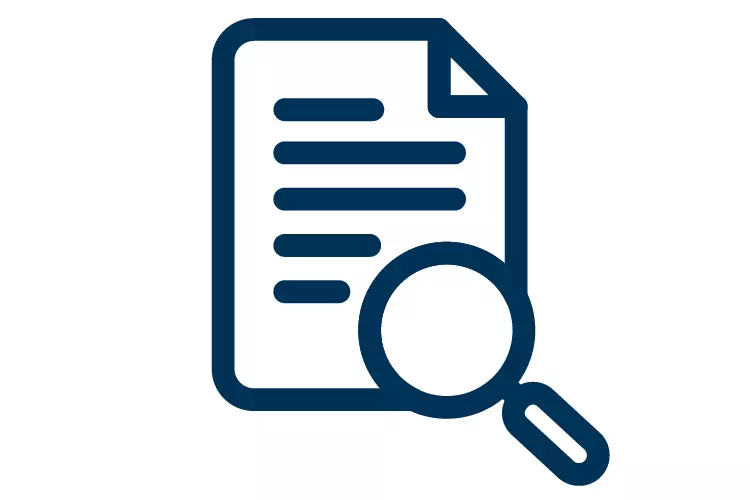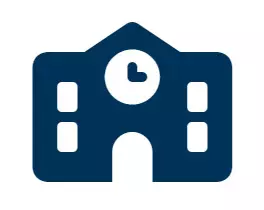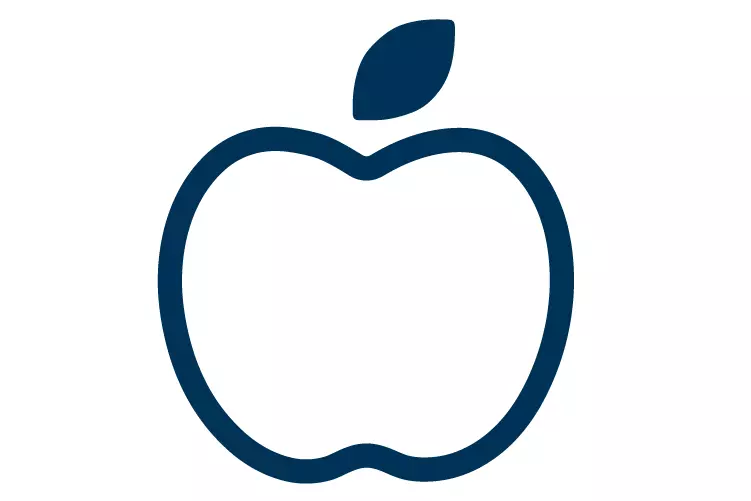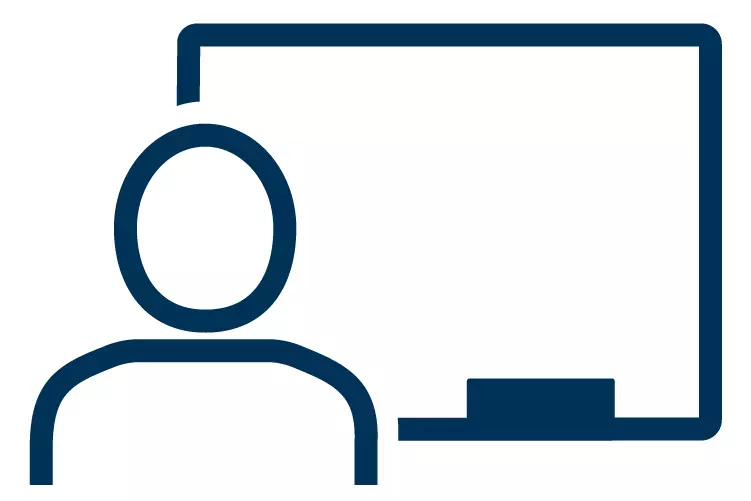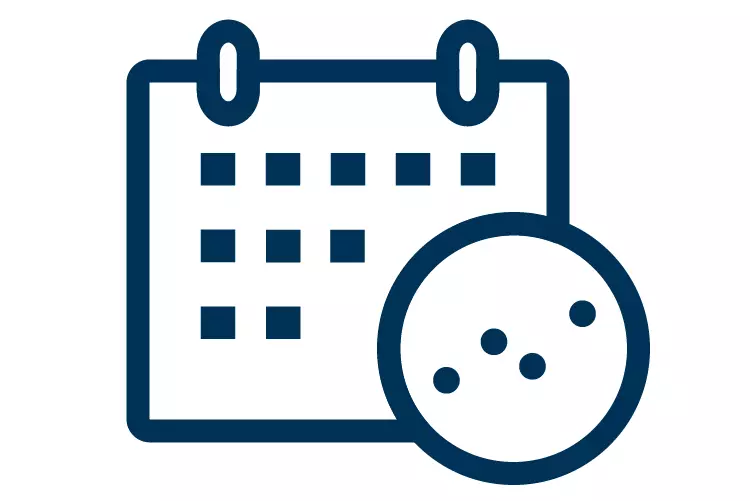In This Issue
- Message from the FDIC
- Money Smart for Small Business in Action
- Most recent Money Smart for Adults in Spanish
- FDIC Economic Inclusion Meeting
- New FDIC Podcast
- COVID Federal Resource Website for Small Businesses
- Federal Financial Education Meeting
Message from the FDIC
Beware of ‘romance scams’ that target seniors. The Federal Deposit Insurance Corporation (FDIC) recently joined with the Consumer Financial Protection Bureau (CFPB) to release an enhanced version of the award-winning financial education curriculum, Money Smart for Older Adults. The enhanced version includes a new section to help people avoid “romance scams” and an updated resource guide (pueblo.gov). The enhancements to Money Smart for Older Adults are based on stakeholder feedback and recent research conducted by the FDIC and CFPB for this collaborative effort.
Romance scams commonly occur when a scammer creates a fake profile on a dating site or app, strikes up a relationship with a target, and asks for money. According to the Federal Trade Commission, reported (ftc.gov) romance scam losses in 2020 reached a record $304 million, up about 50 percent from 2019. People ages 40 to 69 are the most likely to report losing money to romance scams. People age 70 and older reported the highest individual median losses at $9,475. Some romance scams also happen in person. These can involve older adults who are socially isolated or dependent on others to assist them. The scammer can be a person they meet at places such as church, community centers, or in social groups.
In addition, the FDIC and CFPB have released a newly created informational brochure on COVID-19-related scams (pueblo.gpo.gov).
Money Smart for Older Adults is a free curriculum that includes an instructor guide with presentation content, speaker tips, hands-on activities, presentation slides, and a resource guide for participants. The resource guide can also serve as a stand-alone handout for distribution to libraries, senior centers, senior housing centers, and at senior information fairs and other events. All materials are provided free of charge and can be ordered in bulk for community-wide distribution.
Click here to download the Money Smart for Older Adults training materials from the FDIC or order free handouts (consumerfinance.gov) and other resources for older adults (consumerfinance.gov) from the CFPB.
The FDIC’s Money Smart curriculum is celebrating its 20th anniversary this year. To become a Money Smart trainer, visit the FDIC’s Money Smart training webpage. While there, you can sign up to become a Money Smart Alliance member, where you can learn about, and share, promising delivery approaches. You can also sign up for a free webinar on July 22 at 2:00 p.m. ET to receive training.
Today, we are not just providing you with the training materials. We also want to hear your comments on how best to distribute the curriculum. Please remember we have other resources to help families support the safety and independence of our loved ones. And, we would love to learn how you intend use the updated Money Smart for Older Adults. We look forward to continuing to share training strategies and successes in future editions.
Join us on social media using the #FDICMoneySmart and show us the curriculum in action!
Success Story: Money Smart for Small Business in Action
In this edition, we share the Success Story: Money Smart for Small Business in Action.
Most recent Money Smart for Adults in Spanish
All modules of the most recent version of Money Smart for Adults (2018 version) are now available in Spanish. Visit the FDIC Online Catalog to view or download the curriculum in Spanish, Chinese, Korean, or Vietnamese.
FDIC Economic Inclusion Meeting
The most recent meeting of the FDIC Advisory Committee on Economic Inclusion (Come-In) took place on May 13, 2021. The agenda focused on updates from the committee members about key challenges facing their communities or organizations, expanding account access, and expanding inclusion through technology and innovation. Watch a video of this or other meetings by starting on the ComE-IN meeting page.
New FDIC Podcast
Most of us have at least one bank or credit union account to help manage our money. Unfortunately, millions of people do not. On the latest FDIC podcast, the FDIC’s Leonard Chanin and Jonathan Mintz of the Cities for Financial Empowerment Fund discuss why it is so important to bring unbanked families into our financial system. Listen to this or other podcasts by starting here. And join our national campaign to highlight the benefits of opening a bank account on our #GetBanked website.
COVID Federal Resource Website for Small Businesses
If you have a small business in the U.S. that has been affected by the COVID-19 pandemic, consider visiting a new website (covid-sb.org) funded by the SBA specifically for small businesses. It contains federal agency resources and access to the latest news for small businesses.
Federal Financial Education Meeting
The most recent meeting of the Financial Literacy and Education Commission (FLEC) focused on racial equity and financial education. A panel of distinguished outside speakers joined FLEC member agencies for a lively discussion. The Secretary of the Treasury, Janet Yellen, who chairs the FLEC, noted the importance of encouraging financial education in K-12 schools, among other issues. View the recorded webcast from this May 26, 2021 session here (yorkcast.com).


